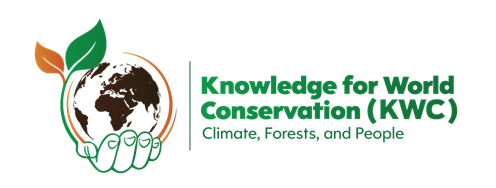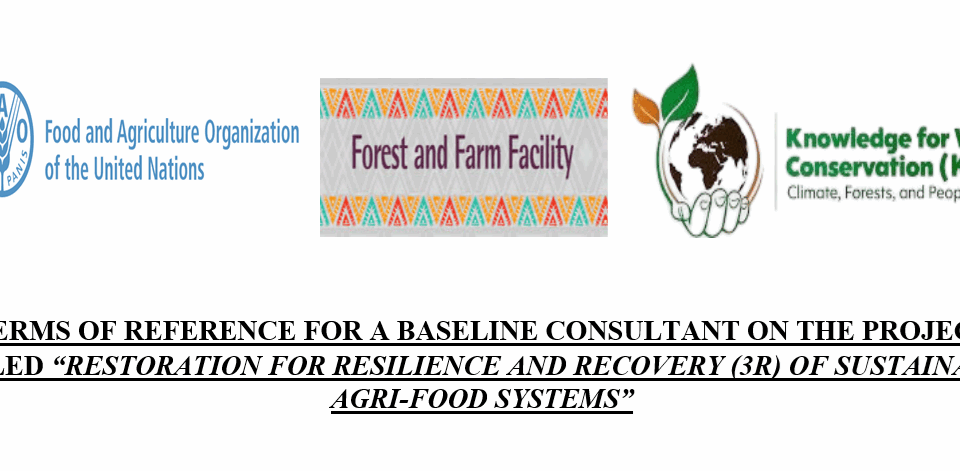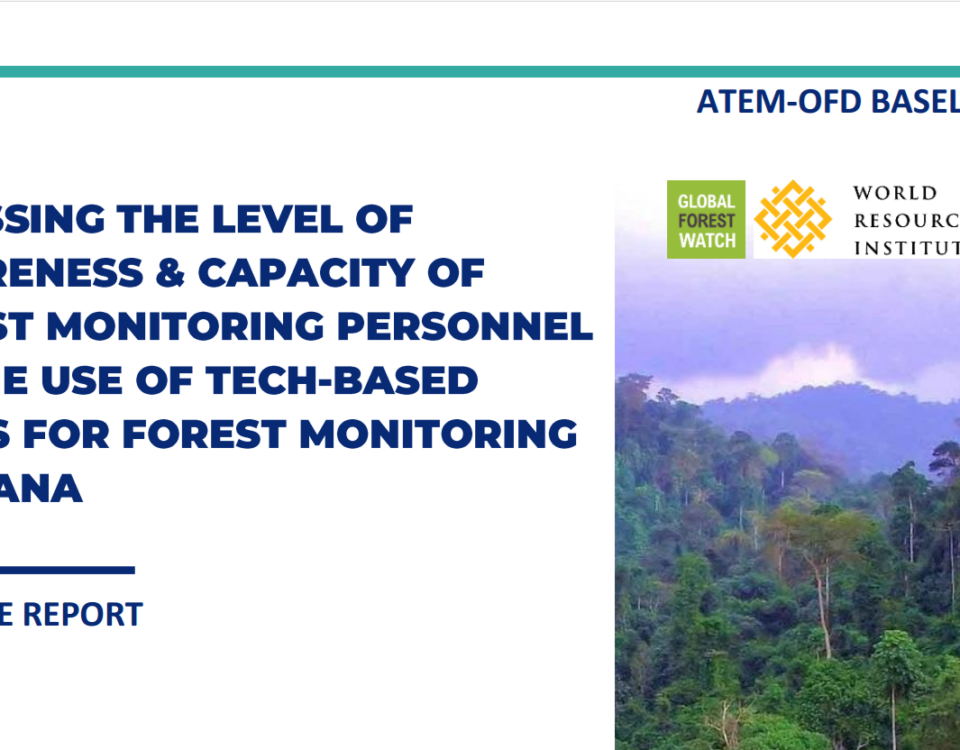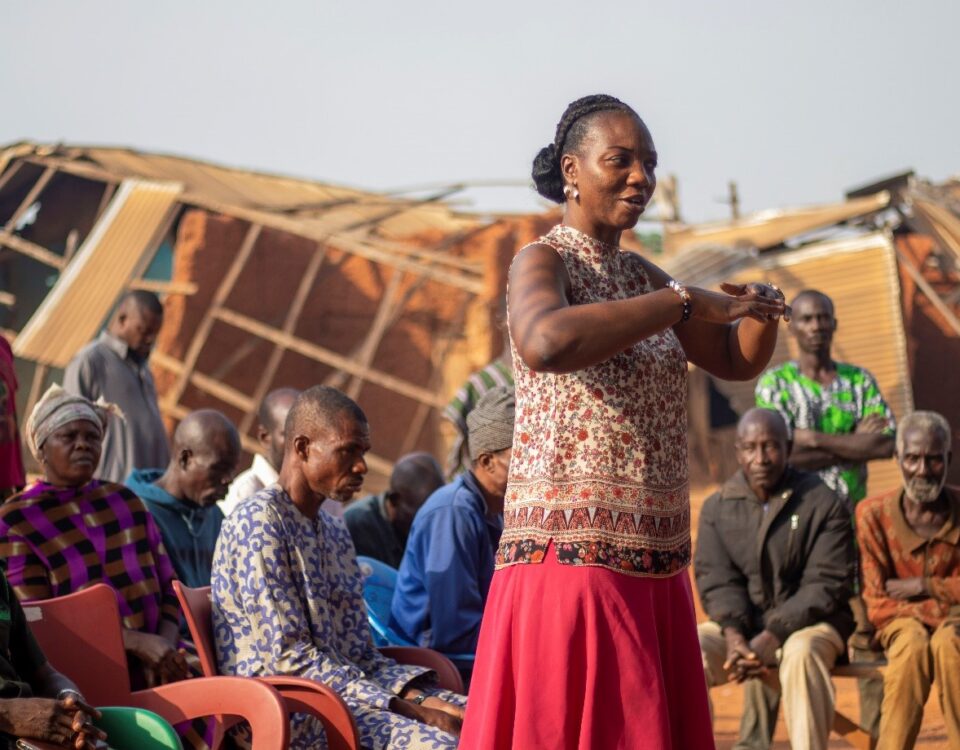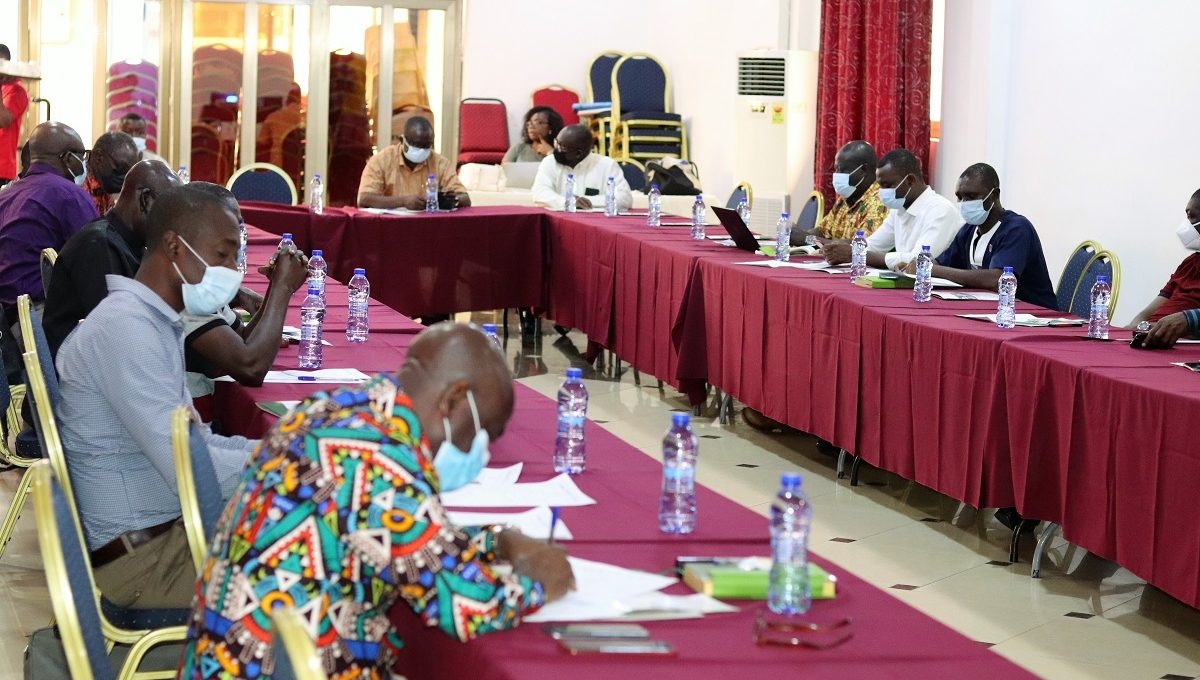
Operators of Small and Medium Forest Enterprises (SMFEs) feel more capable of meeting Ghana's timber legality standards (GhLAS) following interventions by the Kumasi Wood Cluster Association (KWC) and Preferred by Nature
T he latest in the series of such interventions is a close-out workshop held for SMFEs on the title "Supporting SMFEs to satisfy Harvesting requirements in the GhLAS" by the project implementers.
The event held on Thursday September 16, 2021 at the True Vine Hotel took 30 participants drawn from the high forest zones of Ghana through various requirements for harvesting timber.
SMFEs expressed their ability and preparedness to follow the requirements laid out for them per the regulations. They explained that it will help their businesses grow while protecting the environment and sustaining forest resources for posterity.
Officials of the Forest Services Division (FSD), Resource Management Support Centre (RMSC) and the Timber Validation Department (TVD) of the Forestry Commission were present and expressed great excitement about the project. They confessed that these interventions make their work easier and supports rapid attainment of the legality requirements for the VPA-FLEGT licensing process in Ghana.
Frank Ankomah (PhD) of the Timber Validation Department of the Forestry Commission applauded the contents of the project and revealed that with the help of entities like KWC, Ghana will soon fulfill the requirements for the FLEGT licensing which will be a major milestone in the VPA-FLEGT process in Ghana. He said the project adequately covered the various legality principles including how to prepare and implement forest operational plans, operational maps and logging maps as well as issues of health and safety of timber workers.
Forestry Manager for Africa at Preferred by Nature; Eric Ofori Agyekum expressed confidence that the project will reflect positively on Ghana’s timber industry especially on the capacities of the SMFEs to meet the legality requirements. He revealed that his outfit has partnered KWC on many successful projects hence their high level of confidence.

The General Manager at KWC, Esi A. Banful (Mrs.) hinted that although the implementation of the project was successful, it nevertheless encountered a few challenges. She cited the situation where some beneficiary companies viewed the project with suspicion such as exposing them to tax and fees payments and hence were not as cooperative as would be expected.
She advocated for more funding to enable KWC organize refresher training for beneficiary companies and also extend the project to numerous timber companies that currently are unable to implement the operational plans required under the Forestry Commission’s Logging Manual. She intimated that going forward, training projects when adequately funded could include the use of infographics to present easy to follow and effective messages to the timber companies.
KWC has been vital in Ghana’s journey towards the attainment of FLEGT Licenses by helping industry players through various training sessions with sponsorships from the FAO-EU-FLEGT Programme aimed at building their capacities as entrepreneurs and also empowering them to be able to operate within the country's Timber Legality System.
The VPA guarantees that any wood exported from a timber-producing country to the EU came from legal sources and also helps partner countries stop illegal logging through improving forest governance and regulation.
Since 2016 the FAO-EU FLEGT Programme has supported 25 projects in Ghana, amounting to over USD 2 700 000, primarily focusing on capacity building among private sector operators, communication and the establishment of the GhLAS. The FAO-EU FLEGT Programme is a global demand-driven initiative that provides technical support and resources for activities that further the goals of the EU’s FLEGT Action Plan. The Programme is funded by the European Union, the Swedish International Development Cooperation Agency, and the Foreign, Commonwealth and Development Office of the United Kingdom.
